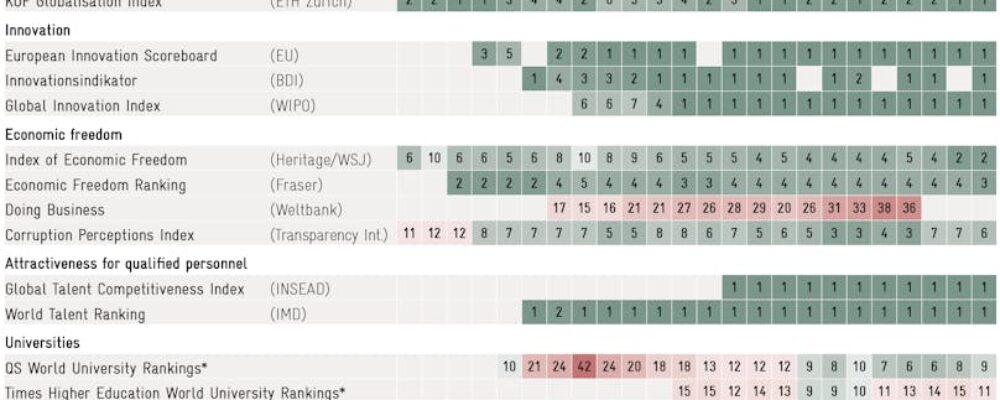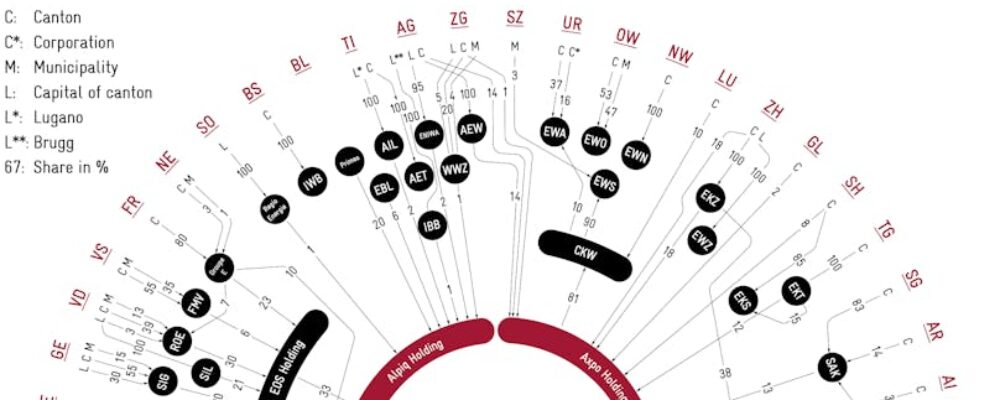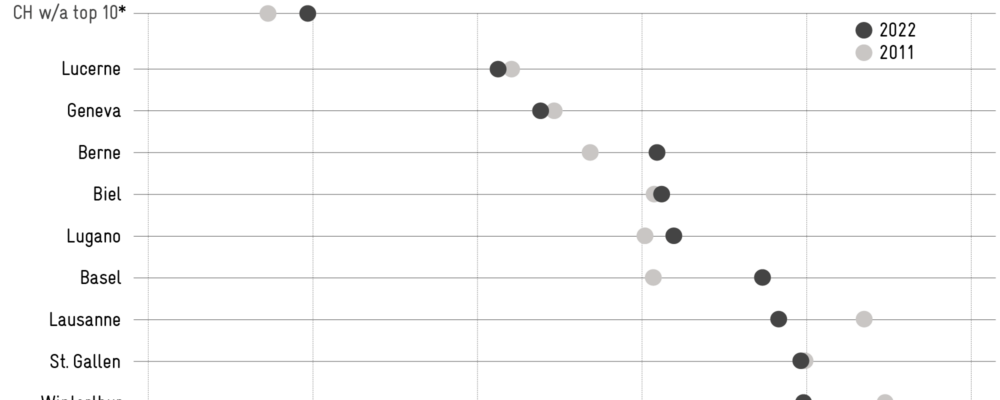ChatGPT, a language program based on artificial intelligence, is currently causing quite a stir.
The software delivers answers, poems or programming codes in the blink of an eye. It stands for a new type of hardware and software that not only replace humans in simple tasks but can also increasingly take over complex activities such as writing high-quality text (excluding this one, of course). In unprecedented fashion we are being made aware of the central role that artificial intelligence will play in our everyday lives in the future.
Meanwhile, many people are scared by digital disruption. Some pessimists fear drastic social upheavals that will necessitate government intervention. When it comes to tax policy, the growing importance of digital technologies raises the question of whether the existing system of corporate taxation is up to the task ‒ or whether the state needs to bring about a change in fiscal law accompanied by new taxes.
Productive machines are already being taxed
One idea that was hyped up a few years ago as a “robot tax” involves taxing productive machines. The rationale behind it was that because more and more “robots” were supposedly replacing human labor, we should tax their output to secure tax revenues and jobs. It’s worth recalling the arguments against it. Any tax designed to keep human labor competitive by taxing the value added by automation is ineffective for at least four reasons.
First of all, this is a recipe to make us poorer: A tax that affects companies’ decisions about the technology they use has a strong distorting effect. If levied on productive assets, of all things, it would make investment more expensive and encourage businesses to rely on the least taxed technology rather than the most effective. Capital formation and, as a result, economic growth would be limited. That would be a particularly bad strategy in a country where labor has always been scarce.
Secondly, determining what constitutes a productive machine from a fiscal point of view is more difficult. The ensuing delimitation problems would be numerous. To secure revenues, legislators would be facing the almost impossible challenge of continuously adapting tax law to the latest, i.e., most productive, forms of technological progress.
Thirdly, while new forms of taxation are quickly concocted, who actually pays a tax is not taken into account. But just as the dog license is a tax paid by the owner of the dog (and not the dog), a “robot tax” is levied on the owner of the robot and, by way of lower productivity gains, also on employees and consumers.
Fourthly, considering that such a tax would additionally erode the return on invested capital, we can see that the value created by automation is already taxed as capital income. The current tax system is therefore well equipped for a future in which labor will be increasingly substituted by capital and added value will increasingly be created without human intervention.
Avoid digital taxes
It is only a short path from productivity-enhancing industrial robots to tech companies such as Google, Amazon and Airbnb whose business models are based entirely on digital technology. For tax authorities, this path is long or even inaccessible. Robots are used in manufacturing (and increasingly in the services sector). Where there is manufacturing, there is a physical corporate presence that the state can tax. Digital business models, on the other hand, are based on “intangible assets” (data, algorithms, etc.). Customers can be served globally without having a physical presence ‒ and thus without tax connecting factors ‒ on site.
Nevertheless, sector-specific instruments such as revenue-based “digital taxes” should clearly be avoided: The “digital economy” is omnipresent and cannot be clearly delineated. There is no such thing as a purely analog economy. For example, automotive manufacturers also collect and use their customers’ data widely. The much-criticized profit shifting for tax purposes (e.g., through transfer pricing) is likewise not limited to the digital economy. Moreover, traditional goods are also exported without the respective companies having a physical presence in the country of sale, thus resulting in a taxation right.
Transforming the global rulebook
Meanwhile, international efforts by the OECD and the G20 to fundamentally reform corporate taxation are under way: Taxation rights are to be shifted further to the countries of sale ‒ in other words, to where consumers and users are located. The idea behind this is that with digital platforms like Facebook, users also contribute to value creation through their data. This reasoning is controversial. Value creation is more likely to take place primarily where the intellectual property, programmers, and developers of these networks are domiciled. Regardless of this, states already have an instrument for local consumption taxation in the form of sales tax or value-added tax. Moreover, corporate taxes should also be seen as a “quid pro quo” for government services ‒ which in turn require a physical presence.
On the international stage, fiscal concerns dominate, and tax reforms are primarily driven by the growing bargaining power of the countries where the market is. One thing remains clear: Switzerland cannot escape the global rulebook. However, as an exporting country that’s home to numerous international corporations, it doesn’t have any fiscal interest in a revised tax law. It’s therefore a matter of waiting and keeping the framework in this country attractive. This means not risking any tax experiments that would hinder innovation. It’s in all our interests for companies to use as much technology as possible to become steadily more productive and remain internationally competitive. Our prosperity is based on this. By the way: even ChatGPT would agree with this. Just ask the chatbot.
This contribution is based on an article by the authors in IHKfacts, the business magazine of the St.Gallen-Appenzell Chamber of Commerce and Industry.
“Avenir Suisse is an independent think tank that works for the future of Switzerland by developing evidence-based, liberal, free-market ideas.”
Please visit the firm link to site






